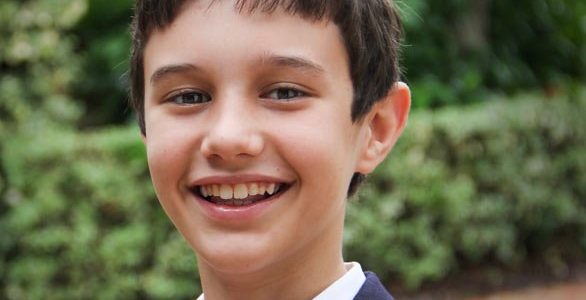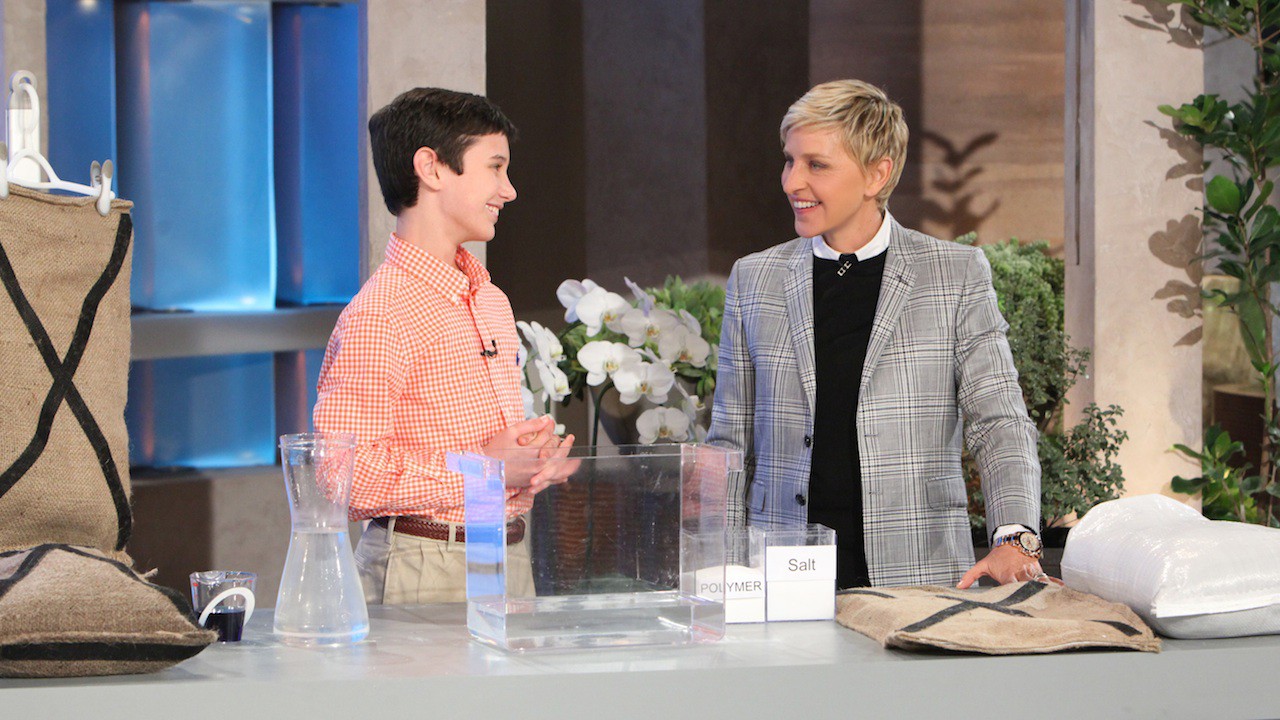2017/2018 National STEM Award Recipient — Peyton Robertson

The National STEM (Science, Technology, Engineering, and Math) Education Award establishes a person who exemplifies excellence in the theoretical and practical STEM education fields and who has significantly promoted STEM education. The 2017/2018 National STEM Award Recipient becomes Peyton Robertson.
Nowadays, 15-year-old Peyton Robertson is the youngest recipient. Currently, Peyton has nine additional patents pending and five granted patents. In the history of the Discovery Education 3M Young Scientist Challenge he became the youngest winner, named America’s Top Young Scientist.
Having talent and deep knowledge in engineering Peyton Robertson won National Science Foundation’s Science Challenge, the award of a Davidson Scholar and a Bevan Scholar. So far, he has invented a convertible golf alignment stick designed to serve as both an on-range alignment aid and in-round measurement device for the newly proposed USGA Rule 14.3 twenty inch free relief area. The real-time retractable training wheels, which allow a beginning rider to use a bicycle’s handle bar controls to retract and release training wheels while riding, redesigned sandless sandbag.

Robertson talked about the significance of science and technology education when he was at the NCAA Final Four Innovation Summit. Payton also founded a charity, the Multiplied Foundation, which got the $100,000 from the $200,000 for science and math charities were won by Professional Jimmy Walker, Peyton Robertson, and Clint Eastwood At the Pebble Beach Pro Am Celebrity Challenge. He founded the Multiplied Foundation to expand and support science and technology education. It distributes every year 5% of its value to the events supporting STEM or non-profit organizations.
Currently, he also is coding a Virtual Integrated Mass Collider. It is very important as it simulates the outcomes of planetary macroscopic collisions, mass interactions, and sub-atomic collisions in order to develop an environment in which scientists and students can experiment with the outcomes of hypothetical collider experiments across mass sizes.
About STEM Education USA – STEM Education USA nationally promotes excellence in science, technology, engineering, and math education. More about self-education you can find on a page https://ninjaessays.us/invest-self-education/
